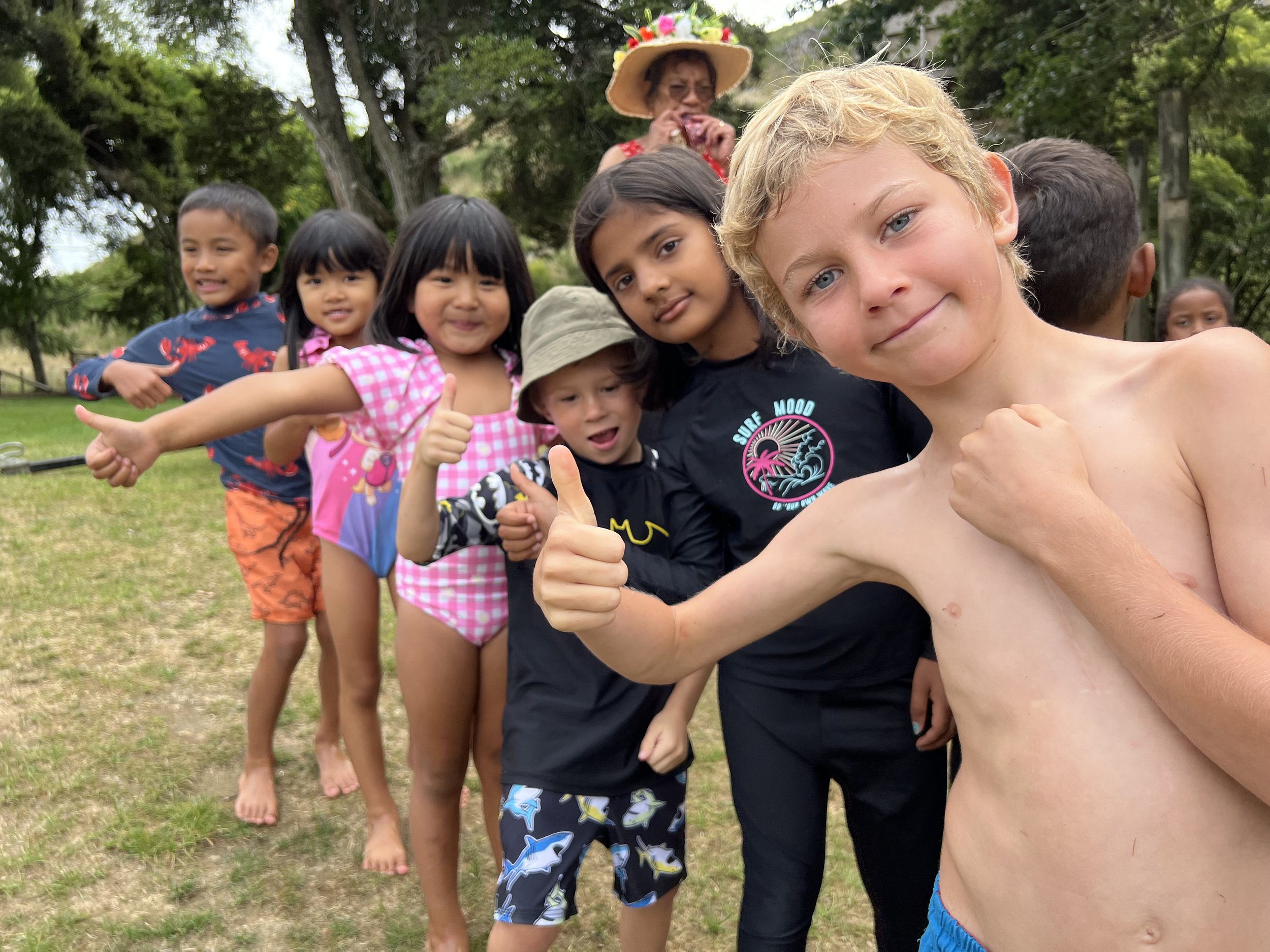
Reporting to Whānau
Reporting on your child’s progress and well-being
Reporting to whānau is part of our wider assessment for learning/ aromatawai plan across our kura. The partnership between home and school is hugely important and regular communication helps strengthen our overall picture of a child in terms of their learning, well-being, and next steps.
The aim of reporting student progress to whānau is to:
provide regular opportunities for building strong relationships between home and school;
celebrate learning progress, learner dispositions, and achievement from a holistic, strength-based point of view;
ensure a shared understanding of learner capabilities and next learning steps by tamariki (children), kaiako (teachers) and whānau (families) alike.
We report to whānau about their child’s:
Strengths, Capabilities, and Learning Dispositions
Academic Progress
Well-being and Social Skills
Next Learning Steps
Reporting at Victory Primary School is authentic, strength-based and formed by teacher observations and data gathering, with a focus on all aspects of a child’s learning and well-being. We use our school learner profiles/Āhuatanga o te Ākonga and our Kia Toa Values to help inform our view of what a learner can do in relation to our aspirations for all VPS ākonga.
Whānau can expect to receive formal and informal information with regards to student’s progress and achievement as follows:
Formal Reporting
Written Reports
Twice yearly reporting, which includes information on progress, student evidence and reflection, next learning steps, and teacher comments about:
Curriculum Areas, eg: Literacy/Te Reo Matatini, Maths/Pāngarau, etc;
Learner Dispositions (based on graduate profiles/Āhuatanga o te Ākonga, Kia Toa Values, and Key Competencies);
General comments related to well-being, celebrating achievements, and contributions to our school.
Reports will look slightly different from one learning team to another but all of them will be sent home at the same time (end of Term 2 and end of Term 4).
Three-way Hui/Wānanga Takitoru
Parents are invited to attend three-way hui (meetings) with teachers, students, and whānau in Term 1 and Term 3 to discuss progress, well-being, and achievement, including next steps and learning goals for each individual learner. These meetings are booked online through www.schoolinterviews.co.nz and translation services are available for those families who require it.
Informal Reporting
Class Digital Learning Platforms (Storypark and Seesaw)
These are online sharing platforms, used to post highlights of current learning, and to access and work on learning activities. Seesaw and Storypark create another learning loop between students, teachers, and whānau as part of their learning journey. The digital platforms may vary between teams. but on both Storypark and Seesaw, parents and caregivers can log in to see and discuss with their children the learning that they have been doing at school.
Google Classroom
This is a platform that supports learning in some parts of our school. Activities can be posted, which students are able to access before, during, and after school hours and it fosters communication through feedback, collaboration, and joint activity work. It is another part of the learning loop between students, teachers, and whānau and is predominantly used in our senior school.
Learning Celebrations
At certain times throughout the year, we invite whānau into school to share and celebrate our learning. These are times for whānau to connect with our termly inquiry kaupapa and the learning that has been happening at school. Our learning celebrations vary from sharing learning in classes and teams to whole school events such as Matariki or Cultural Diversity Week to fortnightly whole-school Kia Toa Learner Celebrations. We love sharing our learning with our community and whānau are always welcome at these events.


